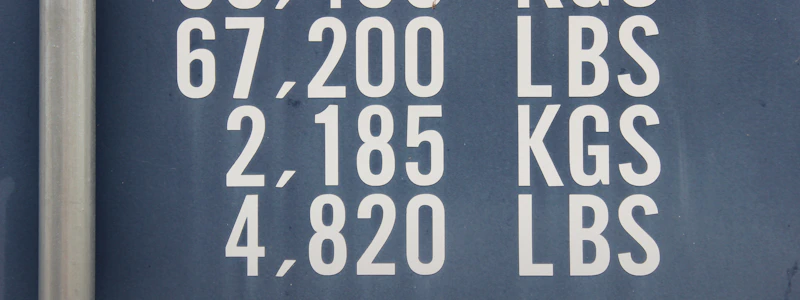Podcast
Questions and Answers
What is the limit approaching -1/4?
What is the limit approaching -1/4?
- 0
- Undefined
- 1/4
- -1/4 (correct)
What is the limit approaching -3?
What is the limit approaching -3?
- Undefined
- 3
- -3 (correct)
- 0
What is the limit approaching 10?
What is the limit approaching 10?
- Undefined
- 0
- 1
- 10 (correct)
What does DNE stand for in limits?
What does DNE stand for in limits?
What is the limit approaching -∞?
What is the limit approaching -∞?
What is the limit approaching ∞?
What is the limit approaching ∞?
What is the limit approaching 6?
What is the limit approaching 6?
What is the limit approaching 5?
What is the limit approaching 5?
What is the limit approaching 4?
What is the limit approaching 4?
What is the limit approaching 7?
What is the limit approaching 7?
What is the limit approaching 11/2?
What is the limit approaching 11/2?
What is the limit approaching 12?
What is the limit approaching 12?
What is the limit approaching 9/2?
What is the limit approaching 9/2?
Evaluate the limit for -5:
Evaluate the limit for -5:
Evaluate the limit for -7:
Evaluate the limit for -7:
Evaluate the limit for 40:
Evaluate the limit for 40:
Evaluate the limit for 6:
Evaluate the limit for 6:
Evaluate the limit for 1/25:
Evaluate the limit for 1/25:
Evaluate the limit for 8:
Evaluate the limit for 8:
Evaluate the limit for Does Not Exist:
Evaluate the limit for Does Not Exist:
Flashcards are hidden until you start studying
Study Notes
Limit Values
- Common limit values in calculus include -1/4, -3, 10, and integers such as 6, 5, 4, 7, 12, and 8.
- Occasionally, limits can approach infinity (∞) or negative infinity (−∞), indicating unbounded behavior.
Limit Evaluations
- Various values require evaluating limits, often resulting in numerical answers or indicating if the limit does not exist (DNE).
- Specific limits to evaluate include:
- -5 (Evaluate limit)
- -7 (Evaluate limit)
- 40 (Evaluate limit)
- 6 (Evaluate limit)
- 1/25 (Evaluate limit)
- 8 (Evaluate limit)
Undefined Limits
- "DNE" stands for "Does Not Exist," often used to describe scenarios where limits cannot be determined analytically or are undefined.
Studying That Suits You
Use AI to generate personalized quizzes and flashcards to suit your learning preferences.




